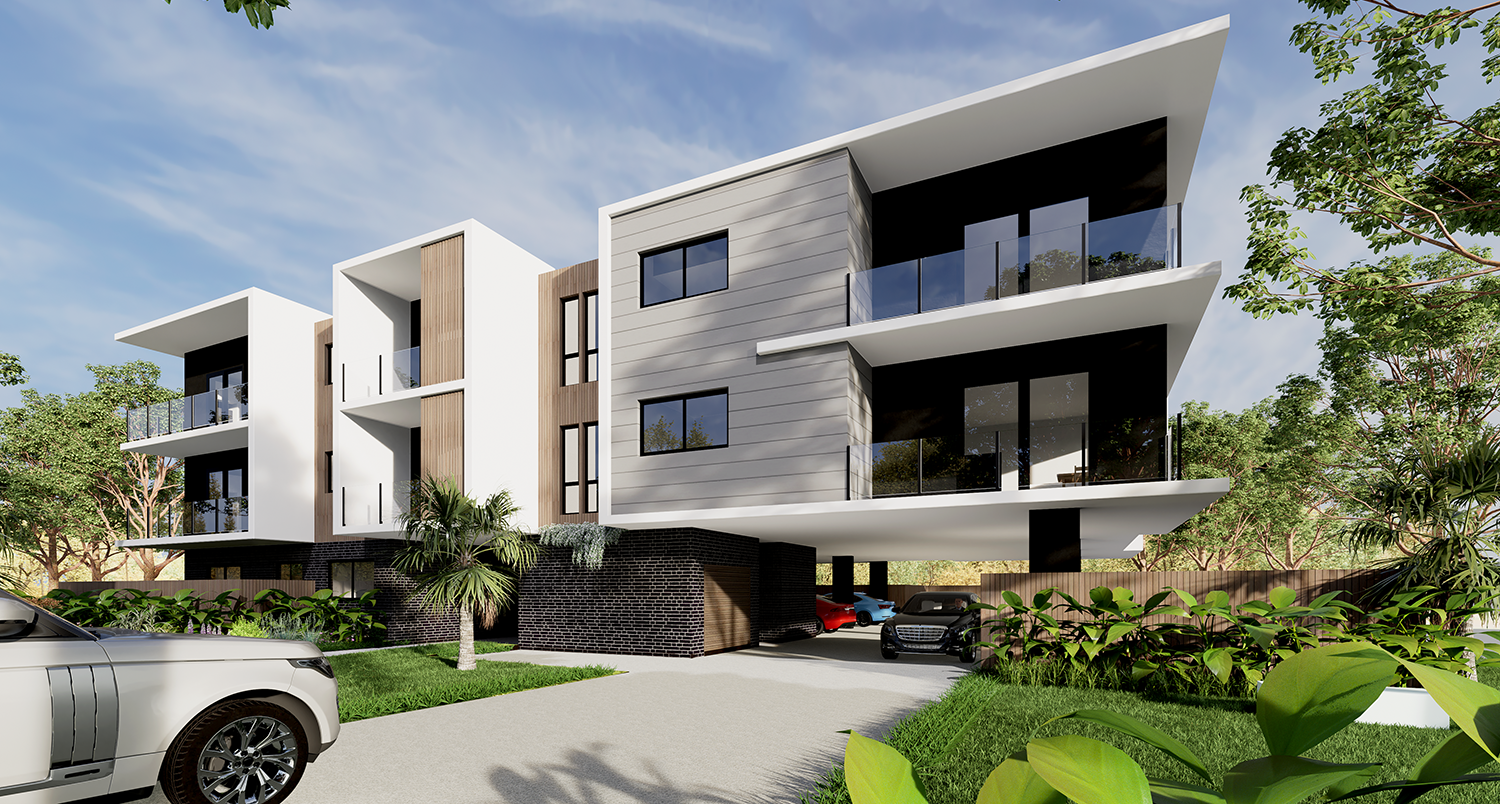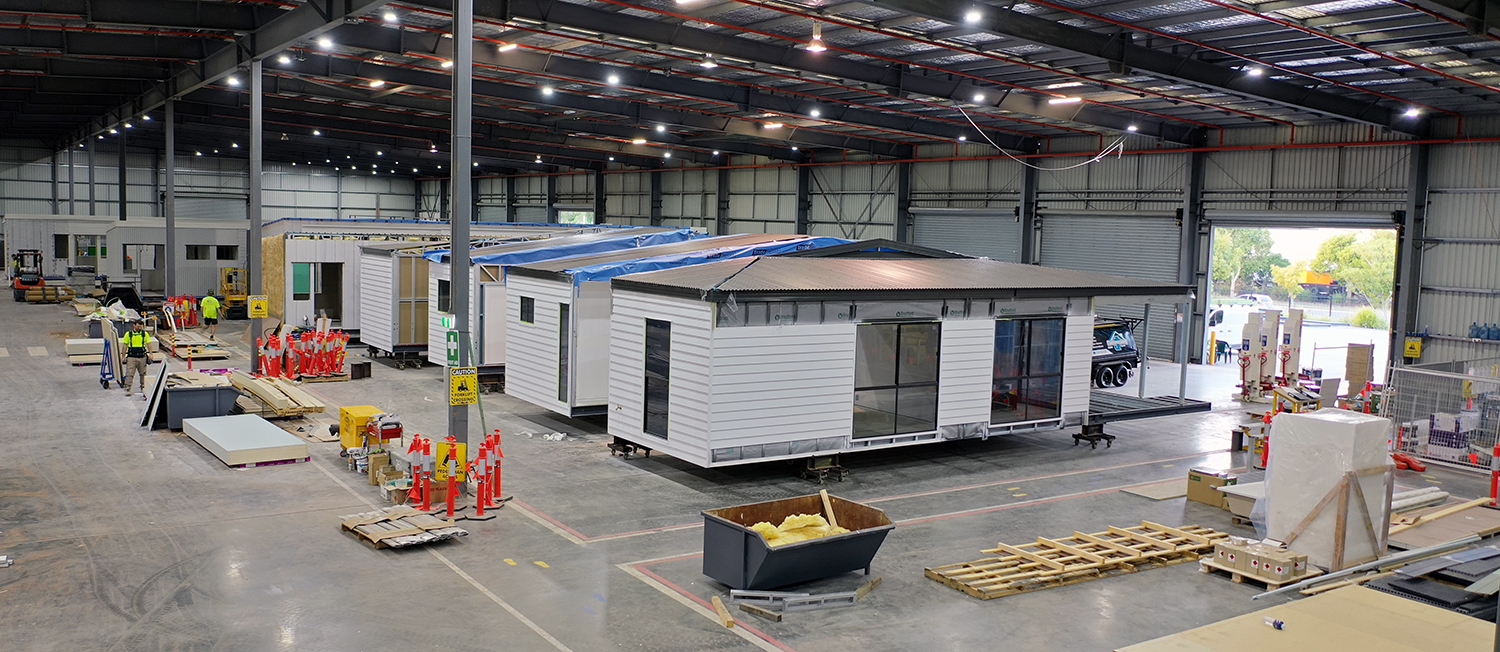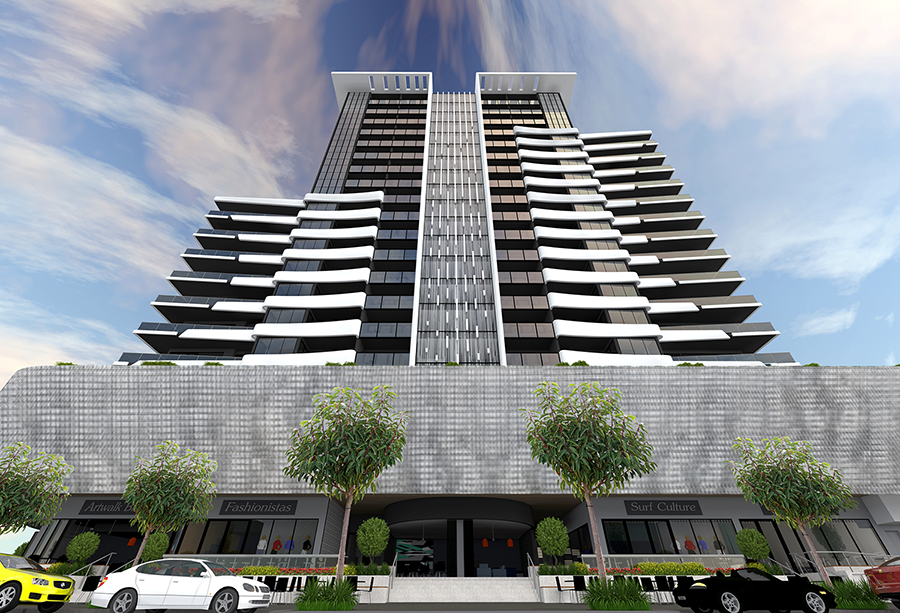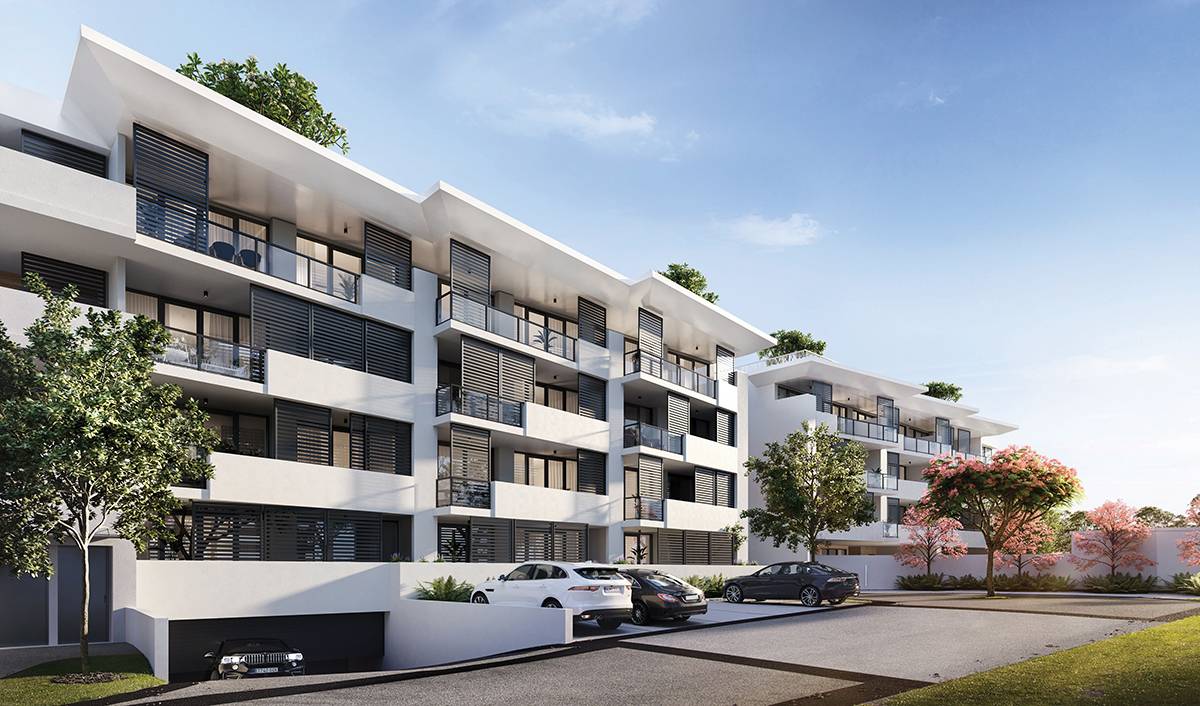There are predictions that the Australian build-to-rent industry could become a $300 billion industry within the next decade. The “Build to Rent" (BTR) home market is one of the newest things and many developers are now engaging Volo for their offsite production. Developers have recognised an opportunity to assist young people in moving into a new house, mostly as a result of younger purchasers being priced out of the housing market due to rising costs. The BTR model entails a developer building a multi-residential property with the intention of preserving ownership and renting out each apartment, giving the owner a reliable, long-term passive income stream. This is frequently supported by an institution such as a superannuation fund. This stands in contrast to the conventional “build to sell" approach, when a developer builds a complex of apartments and then sells each unit for a quick profit.
As a result of Volo’s off-site construction and our design for manufacture and assembly (DfMA) principles, Volo modular provides BTR owners with a faster return on investment. Compared to traditional building methods, our modular construction allows BTR apartments to be up and running – and generating income – months ahead of schedule, resulting in higher returns. Modular construction can shorten project timelines by as much as 50%. A reduction in interest payments also minimises the cost of loans for the developer, saving significant overhead costs. Volo’s offsite facility is based in the Yatala Enterprise Area – making shift work patterns possible with no noise restrictions applied in our industrial estate. Parts of the build can be in production round the clock, bringing top out dates closer than previously imagined. Furthermore, building modular offsite, allows for construction to continue without being weather dependent. Very helpful here in Queensland!
From whole apartments to bathroom or kitchen pods, modular construction comes in a variety of styles and sizes. Developers may therefore do a soft test to see how the integration of modular into their build functions. Before tackling the project’s more important components, they might first add a minor modular component. Before moving on to the creation of the final product on a wider scale, testing in this manner assures that it is exactly as expected. ensuring no mistakes that are too late to be changed and providing the high standard associated with BTR. Unfortunately, the building industry is one of the most significant sources of CO2 emissions in Australia. The construction industry accounts for 10% of total CO2 emissions. When we consider that 13% of all construction materials transported to site end up in landfill without ever being used, we can understand the critical need for change. Offsite construction results in significant waste savings. No more guess work, estimations or projections. If the materials are not utilised, VOLO will save them for future projects. You just pay for what you use, and what you don’t use gets recycled. It’s a win-win situation.
We know that BTR residents are conscious of their influence on the planet and have a more favourable attitude towards companies that care about the environment. The way we provide housing is changing in an intriguing way as Australia’s population keeps rising and the demand for inner-city living keeps rising alongside it. The “Australian dream" for previous generations was a house on a big piece of land, but for the next generation, apartment living is quickly becoming the sole option for living close to the CBD. Due to this, neighbourhood after suburb has been steadily taken over by high-rise buildings. The younger generation, which frequently places lifestyle aspirations ahead of homeownership, but still desires security in living arrangements, is quickly turning to BTR apartments as an appealing option for housing. It also appeals to people who can’t afford to buy (a significant portion of the under-35 market) and empty-nesters who want to downsize without feeling compelled to buy. The owner receives a steady, long-term income and the renter receives a more secure residence through BTR. In conclusion, BTR and modular building are a great match! Modular construction is superior when efficiency, specifications, waste reduction, labour reduction, and speed are taken into account. And we haven’t even mentioned the increased worker safety it provides. Ernest & Young have predicted modular building will become the preferred option for all residential constructions in the next 10 years.




- 9 Business Street Yatala, Qld 4207
- info@volomodular.com.au


